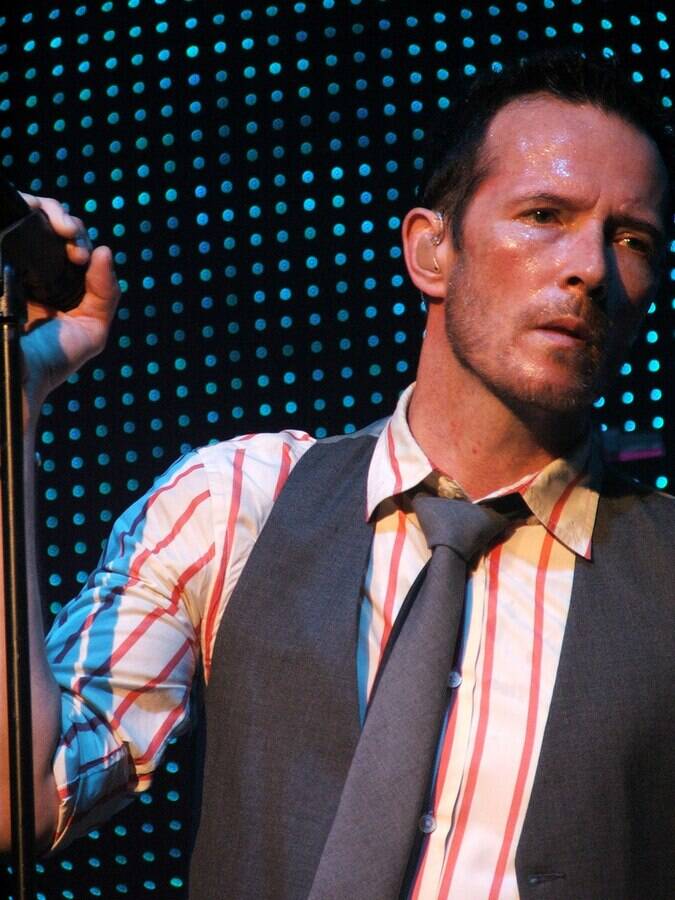i really fucking hate Halloween.......it's a stupid fucking .........people celebrate death more than .....they love bullshit.....people love funerals ......and coffins and bollocks .....life is way better......i just hate the way people love funerals ........ and wasting money on flowers....... and stupid boxes ....... costing a fortune ......and of course ........ and putting make-up on dead ......i will never understand ......that ......i mean they are fucking dead ......... and not to mention how much that.........costs .....then they drain all the blood........ and put formaldrahyde..... a chemical ........stop the body smelling like a well .....dead body !!!!.......bury the dead .....they stink up the place ...as "coglans law " .......as they say in the movie cocktail .........
Why Halloween is an ecological disaster
It may seem daunting to change the way we celebrate a beloved holiday. It may also be necessary.
Every parent of young children has awoken on Nov. 1 to the aftermath of Halloween: piles of candy wrappers, discarded costumes, molding pumpkins and decorations demanding to be taken down.
Halloween is an expensive holiday, wreaking havoc on family budgets. And with children expected to consume as much as 7,000 calories on Oct. 31 because of all the added sugar in their diets, the holiday is also a public health calamity.
But scariest of all is the damage Halloween does to the planet.
Recommended reading
Yahoo News: The haunted history of Halloween
Haunted by plastic
All those candy wrappers have to go somewhere. So do all the plastic pumpkins, plastic vampire teeth, plastic Harry Potter wands.
And where they go, for the most part, is into landfills and waterways, where they contribute to a plastics problem that has become a global challenge. New research suggests that many of the single-use plastics we discard turn into invisible particles called microplastics that can cause serious damage to human health.
We all imbibe the equivalent of a credit card in microplastics each week, scientists say.
Now that’s a scary thought.
“The reality is those little plastics get out into the environment and they're not recyclable," Simon Fraser University marine ecotoxicologist Leah Bendell told Yahoo News Canada in 2021.
Americans will consume about 600 million pounds of candy on Halloween, almost all of it individually wrapped in difficult-to-recycle plastic wrappers.
Recommended reading
Danger to animals
Fake spiderwebs stretched over hedges or fencing are a common Halloween decoration. They are also a danger for birds.
“We’re hearing of more and more people finding birds entangled in them,” an Australian bird expert says.
The waste generated by trick-or-treating can harm animals in other ways. Earlier this year, a young deer in Michigan had to be rescued after its head became stuck in a plastic Halloween bucket, preventing it from eating and drinking for several days.
Recommended reading
Los Angeles Times: Fake Halloween spiderwebs are truly scary — to wildlife
Where do all those pumpkins go?
Last week, this writer disposed of a rotting pumpkin in a compost bin. The service, which turns food waste into fertilizer, is available increasingly in the Northeast and on the West Coast, but remains a niche option in many municipalities.
A carving pumpkin can be eaten, but the orange variety of the gourd is, for the most part, not considered especially tasty. Most pumpkins end up sooner or later in the landfill, contributing an astonishing 1.3 billion pounds to the nation’s annual food waste crisis.
Left to rot in a landfill, food produces methane, a potent greenhouse gas that contributes to global warming.
Recommended reading
Orange, with a touch of green
As in many other facets of American life, there are ways to mitigate the ecological harms caused by Halloween — and still have a good time.
It may seem daunting to change the way we celebrate a beloved holiday. It may also be necessary.
“People in general don’t feel like they’re able to change the system because the system is so big. I think that’s exactly what we are facing with trying to deal with Halloween and candy: The system feels so big, I don’t know where to start making that change,” Indiana University environmental policy scholar Shahzeen Attari told the Indianapolis Star.
Some steps are relatively obvious, like making your costumes and reusing decorations. You’ll save the planet—and money, too.
Re


No comments:
Post a Comment